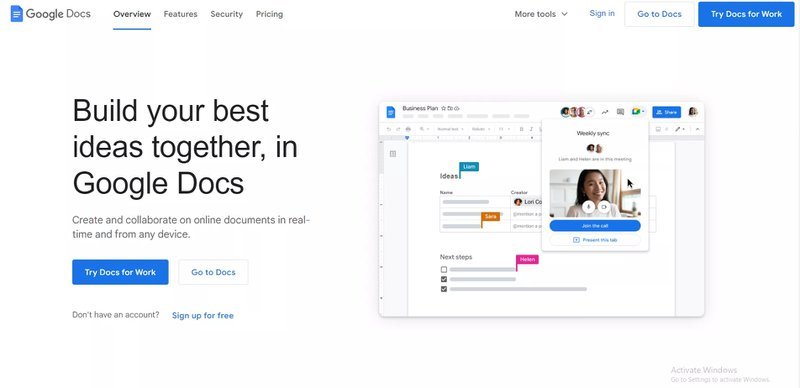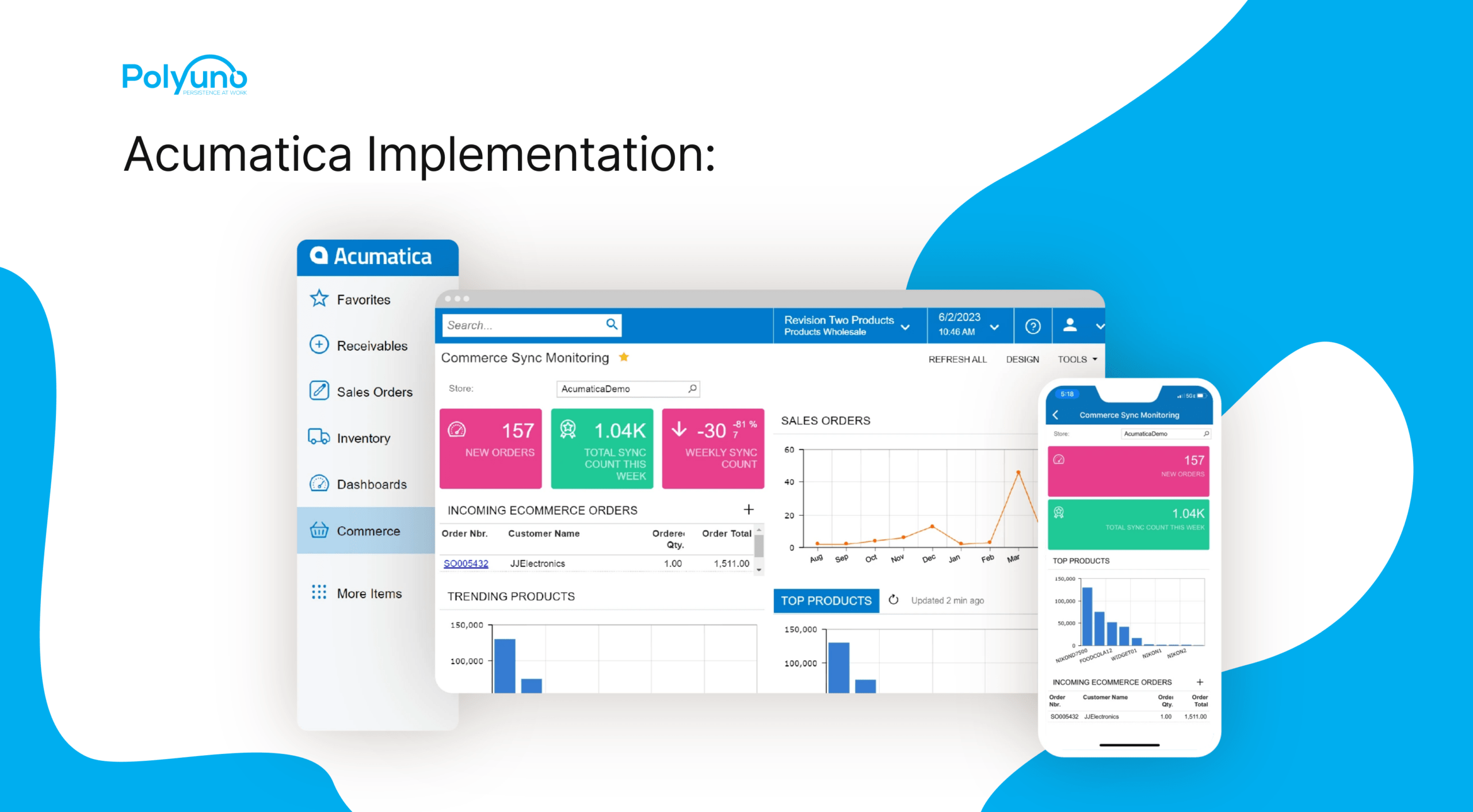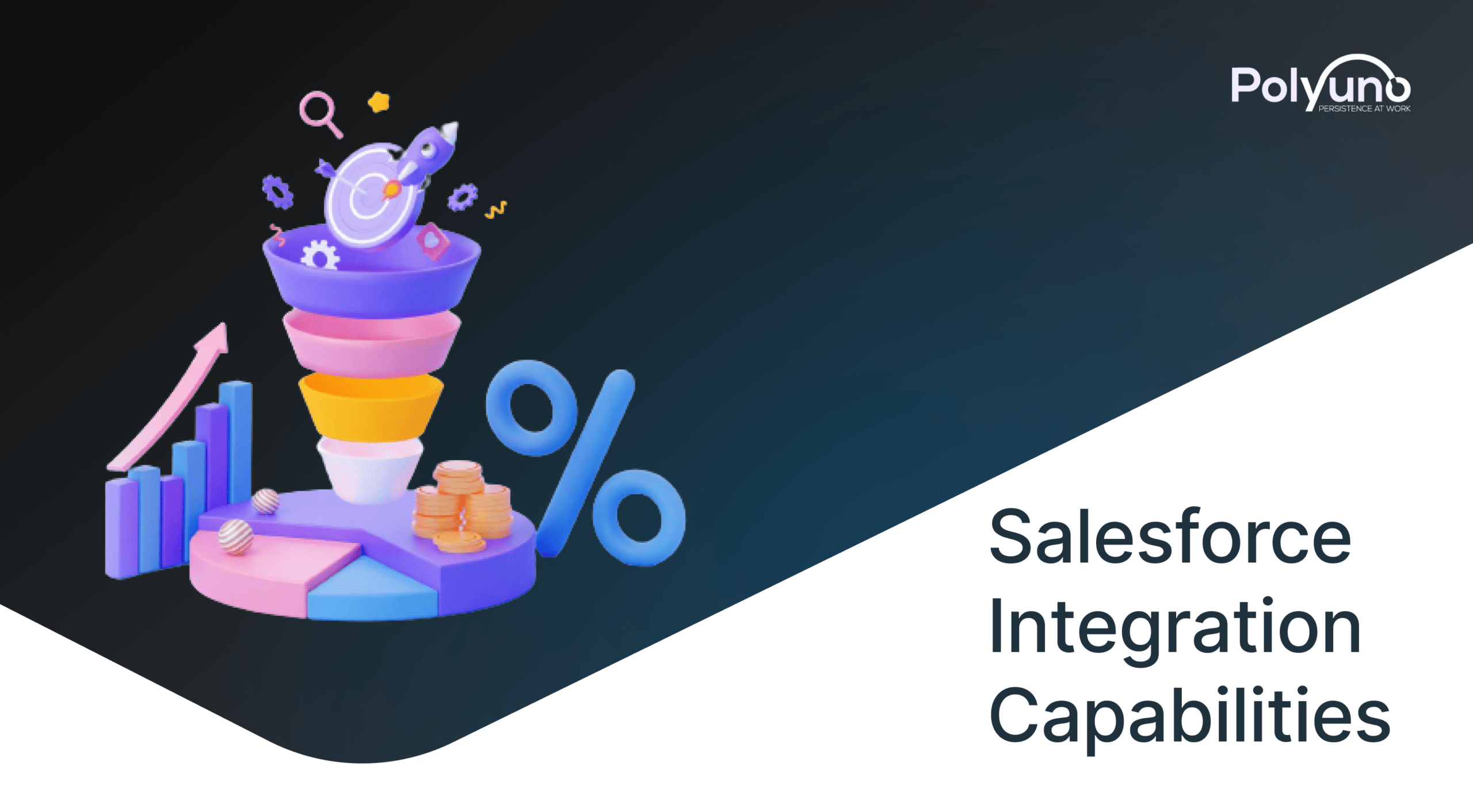Today, everyone utilizes a custom web app regularly, whether they are aware of it or not. These applications provide customers with a practical way to buy, make service reservations, obtain information, and do various other crucial jobs.

However, many newcomers to this industry are still unsure about the differences between custom web applications and software development in general. So, if you're one of them, you've come to the right place.
In this article, we will discuss the following -
- What Is A Web Application?
- How Can Web Apps Help Your Business?
- Types Of Common Web Apps
- How To Create A Custom Web App For Your Business
- Final Takeaways
So, if you’re interested, keep reading.
What Is A Web Application?
A website is a repository of browser-based web pages. Before gaining access to the websites, users must be linked to the web. Application software is a piece created specifically to perform tasks requested by end users on a particular platform, such as a mobile device or computer. Before a program can fulfil its intended goals, it must first be downloaded & installed on the corresponding device.
The term "web app" refers to a hybrid of "website" and "application software" that shares several prominent characteristics with each of these digital products. A web app is just an application that runs inside a web browser.
What Is A Custom Web App?
All web applications can be developed to offer customers a personalized service, but custom web applications are targeted at meeting a specific market, audience, or business requirement. To create a custom web application, it is essential to understand the needs, use the latest tools, and create a solution specifically designed to solve the issues.
Think about this instance. A web application is Google Docs. Students, authors, project managers, and anybody else who wants to generate papers can use it to take notes, draft documents, share them with others, and invite them to collaborate.

Suppose you want to create a document editor that caters to a specific user base and offers superior features, capabilities, and user experiences compared to Google Docs. For example, with more excellent formatting options and tools for style guides, it might be for authors or students who can take notes and develop flashcards. This unique web application was created to meet a specific need.
The same is true for enterprise-level bespoke web apps, which are created after carefully considering the needs, procedures, activities, and corporate structure. Compared to any pre-made web application, a custom app significantly aids them in achieving their company objectives.
What Qualifies As A Simple Or Complex Website?
A static web app is an illustration of a simple web application. Although this application is not very versatile and doesn't present much info, it can be a valuable strategy for a digital syllabus or professional portfolio. Developers frequently need to make changes to static web apps.
On the other hand, the technical complexity of a fluid web application is much higher because it loads data from databases. They can be created using a variety of software applications and commonly use an administrative panel (CMS) for management. Updating content is typically straightforward and enables the integration of services like forums.
How Can Web Apps Help Your Business?
Web apps function in web browsers similarly to websites, as we covered in the section above. Because of this, users can access web apps regardless of the hardware restrictions of the devices they are using, as long as they are online.
Additionally, online apps don't have the installation hurdle that traditional application software users do, raising the bar for web apps' accessibility. Accessing web apps requires less effort, encouraging Internet users to try them out more and driving significant traffic to the apps.
Web apps allow companies to access a larger target audience that uses a range of platforms sans having to create separate variants of the applications for various unique devices.
In addition, developing code for web apps is typically easier than writing code for application software.
However, each business will have a different need for particular digital products, whether websites, web apps, or application software. It is undeniable that using web apps can help your organization grow its reach with only a small expenditure. However, given the smaller structure and lessened work involved in web application development initiatives, the relative performance and functions of web apps definitely cannot be on par with those of the application software.
Therefore, before making a final choice, it is always prudent to align your business's long-term goals, the available resources, and the potential return on investment from a web application or other digital product development plan.
If you've already decided that you want a web application for your company but don't yet have a clear picture of how it will all work, continue reading to learn more.
Types Of Custom Web Apps
Common Web App Solutions
If you have a solid idea and a talented developer, creating a web application that does almost everything you can think of is feasible. However, most web applications today fall into just a few categories. The most popular web application solutions are shown here.
CMS Web Applications
Small businesses may submit material to their websites and update it without possessing highly developed bespoke web application development abilities thanks to content management systems, or CMS, web applications. Regularly publishing your blog articles, photographs, videos, reports, and white papers can assist your website to compete better and stick out to search engines. Simple websites with only a few pages no longer suffice.
They are perfect for businesses who want their website to keep up without the requirement for technological know-how because they are simple to use and reasonably priced. It is also a wise solution if you track changes made to content by many people who need to update and modify it.
Portal Web Applications
Online portals are now a common choice for online applications, with many distinct applications. For example, an organization will frequently use a company-facing portal to provide information to employees that they can obtain themselves, whether connected to their work or administrative information and perks.
Web portals can also be client-facing to provide clients, customers, or patients with access to information. They may occasionally combine consumer and employee-facing roles. They may also include email, search engines, chat rooms, forums, and other places that require registration to access.
Since it is simple to limit specific capabilities, it is a suitable solution for enterprises that require a high level of influence over which individuals have access to particular knowledge and information. For instance, a portal web application might be used for student and faculty portals, employee portals, patient portals, and finance portals (online banking & insurance).
Organizing specific duties through a web portal might be more efficient than dealing with numerous emails and documents for organisations that provide services like coaching or courses. Customers can access a catalogue of action items through a portal during sessions to finish at their convenience, making it simpler to discuss particular topics and quickly see what has been accomplished.
E-Commerce Web Applications
An online marketplace can be a terrific method to make it simpler for your clients to deal with you if your company offers goods or products. Since the e-commerce industry has overgrown and is now so commonplace, it is challenging to envision living without it.
Web application developers can make a custom e-commerce solution to accommodate more sophisticated requirements, such as convoluted sales or return regulations or several warehouses. Depending on your company's needs, these can be created from scratch, or modified versions of current e-commerce networks can be used.
Rarer Web App Solutions
Many online apps share features regarded as tried and tested and that users have grown accustomed to, but some business types necessitate a unique approach.
Below are some less well-known web application solutions.
Animated Web Applications
Some companies utilize animated web applications to draw customers' attention to crucial details. GIFs are one type that may not be interactive, whereas another type may be dynamic and vary based on how the user engages.
Although the technology employed in animated web applications is not seen as the best for SEO, it allows for more unique and contemporary designs, making it suitable for creatives and designers.
How To Create A Custom Web Application For Your Business
The five steps of any bespoke app development are creativity, planning, design, development, and test & launch. As your web app moves through each stage, your idea becomes more polished and accurate. So let's examine each step in greater detail.
Ideation Stage
Defining a solid concept is the first step in any successful product development process, and this is also true for web apps. The idea should present a solution to an issue that potential customers are experiencing. Meanwhile, the technologies needed to implement such ideas shouldn't be out of reach for enterprises.
Businesses are advised to conduct in-depth competition and target market analyses to confirm whether the proposal is feasible. Without clear evidence, all ideas are ultimately just assumptions, and in the context of business, beliefs sometimes come with a lot of dangers.
The following phase is to determine the project's aims and objectives after the idea has been proven to be sound. Firms can effectively comprehend the project's complexity thanks to the requirement analysis and allocate resources accordingly. In addition, requirements serve as a benchmark for businesses to determine whether or not their final products adhere to predetermined standards.
Design Stage
Before the technical development, creating a draft of how the web apps will appear and behave is essential. Businesses can avoid numerous delays in the latter phases by defining the basic framework and design of the online application.
The architectural drawing doesn't need to be highly detailed. It will do as long as the draft explicitly outlines which elements are on the app screens, how users traverse between pages, how they typically interact with each page, etc.
This is the stage where you create the web app's aesthetic to appeal to potential customers and simultaneously capture your company's essence.
Companies should have a prototype created once the framework has been decided upon so they can better understand how the finished app will operate. An early prototype will also allow businesses to identify and improve shortcomings from the beginning stages.
Technical Development
The technical stage of developing a web application combines front-end and back-end technology. Since there are many programming languages and frameworks that can be used to create web apps, it is recommended that companies take a moment to choose what technology stacks to be utilized in the web application project. Each technology has its advantages and disadvantages in the development process.
For your information, a few programming languages that could be used in the creation of web applications are:
- HTML, CSS, and JavaScript are used for client-side programming while creating the web application's front end.
- The back-end of the web application is developed using server-side programs, such as PHP, ASP.NET, Ruby, Java, or Python.
- MongoDB or My SQL as the database for data storage purposes
The technical aspect will then be handled by the web developers, who will go on to code your concept and mapping into reality once the choice of technology stack has been determined.
Testing Stage
Testing guarantees that the web application will function as planned once it is released onto the market. Three areas should typically be tested: the web app's functionality, usability, and overall performance.
All web application development project teams should remember one important test rule: Never procrastinate when testing. The development stage must be carried out concurrently with the testing stage.
The tests that will be used on the web apps should ideally be prepared before the coding activities are started so that when the technical phase starts, every completed component may be checked for flaws and fixed as quickly as feasible. Doing this reduces the risks of significant web app failure, preventing unfavourable instances when the web app malfunctions just before the launch.
Deployment Stage
Businesses can begin releasing their web apps to the industry and deploying marketing campaigns to draw in potential users after the web app has completed the final tests and been deemed bug-free. They can also increase the web app's visibility and searchability on the online service.
As you could have suspected, the work is not done yet. A web app needs to be regularly monitored to look for issues that can impair the user experience and resolve them as soon as possible if it continues growing and evolving.
Businesses will also better understand how well web apps perform through performance evaluation and customer feedback, allowing them to improve accordingly. Finally, companies will ensure the project's long-term progress by demonstrating their dedication to the software product and winning over users' loyalty.
Final Takeaways
In conclusion, web apps are crucial for any business to flourish. However, to create a successful web application, you should grasp how the app fits your company's goals and thoroughly understand the overall web application development process.
Moreover, it is also recommended that your firm works with a respected custom software development company. The guidance and advice these companies provide are pretty helpful since it keeps your project from becoming diverted throughout development while ensuring a better success percentage for the finished product.
If you're looking for a suitable partner for your next custom web app development project, check out PolyUno. PolyUno is a full-stack agency providing solutions regarding software development, UX/UI design, content, and server infrastructure.




